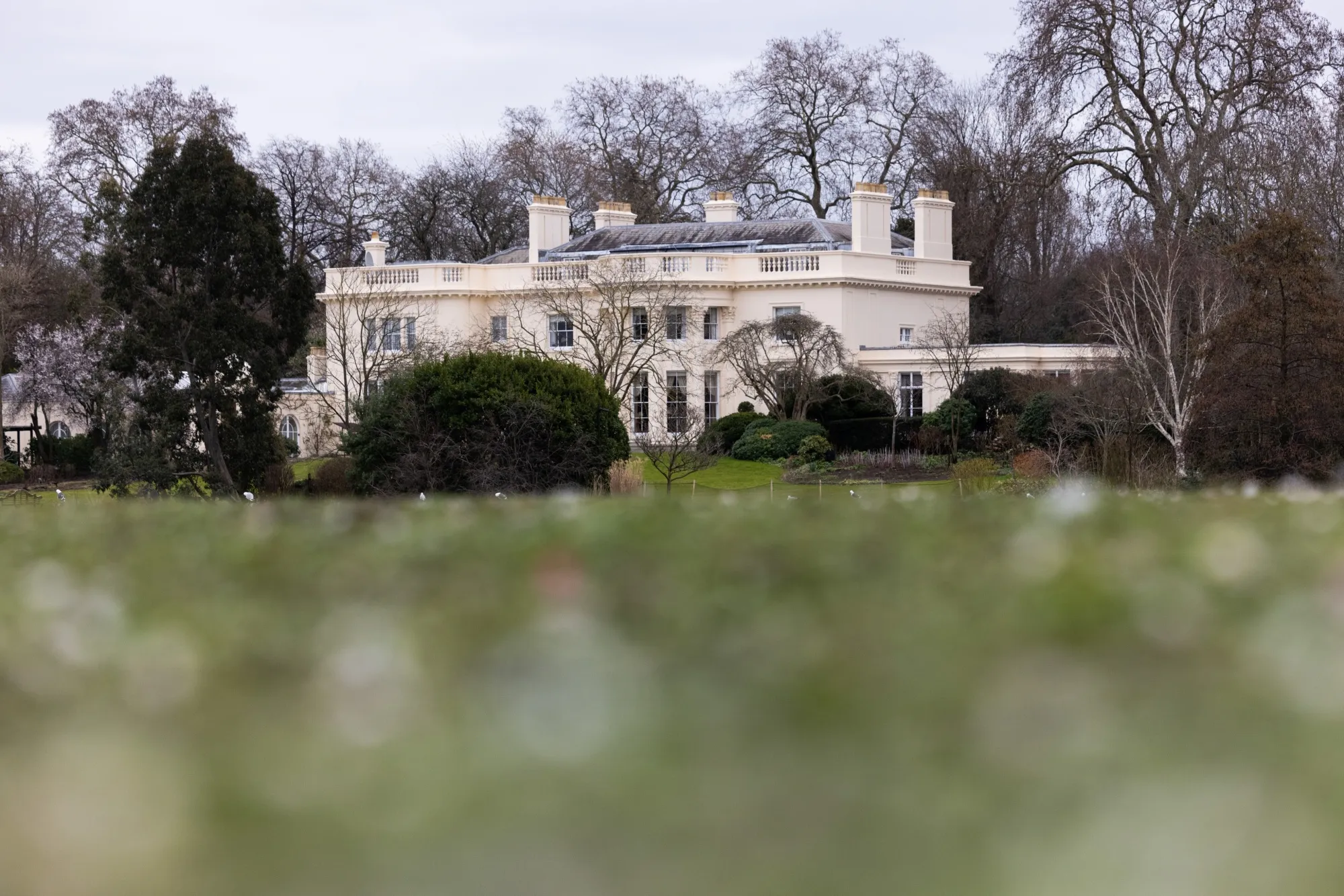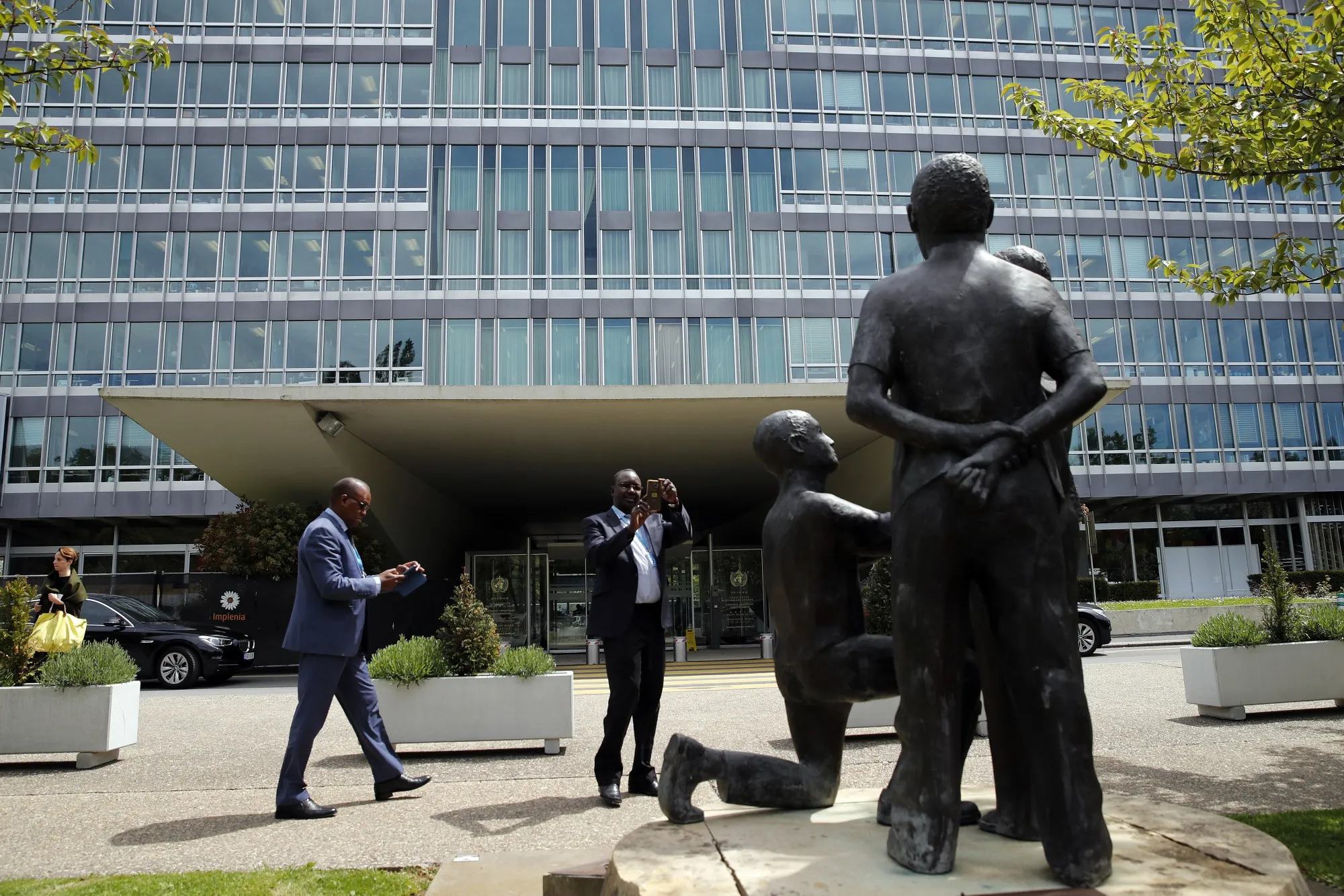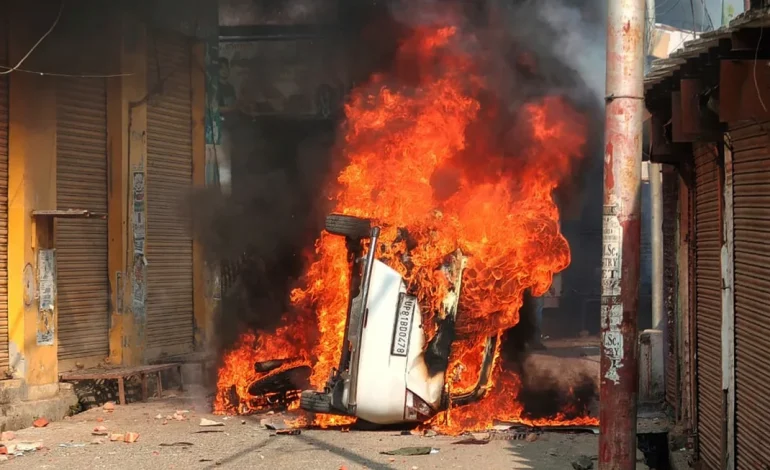Authorities in the northern Indian city of Sambhal imposed a lockdown on Monday, closing schools and suspending internet services, following deadly clashes sparked by a court-ordered survey of a 16th-century mosque, CNN reports.
Four people were killed in the unrest on Sunday.
The survey, ordered by a court after a petition from a Hindu lawyer alleging the Shahi Jama Masjid was built on the site of a Hindu temple, ignited protests. Nearly 1,000 Muslim protesters gathered outside the mosque to prevent the survey team from accessing the site.
The situation escalated rapidly when protesters began throwing stones at police, prompting a response with tear gas and, according to some social media videos, firearms. Videos circulating online also show vehicles engulfed in flames. Police reported using “minor force” to restore order.
Despite the violence, the survey proceeded as planned. Local administrator Aunjaneya Kumar Singh announced the closure of all schools and colleges, a ban on public gatherings, and restrictions on outsiders entering the city until November 30th. The restrictions aim to prevent further unrest.
The incident has rekindled tensions surrounding religious disputes in India. Hindu activist groups, often linked to Prime Minister Narendra Modi’s ruling party, frequently claim that numerous mosques were built on the sites of destroyed Hindu temples during the Mughal empire.
This latest incident comes after Modi’s inauguration earlier this year of a controversial Hindu temple built on the ruins of a mosque in Ayodhya, a move seen by critics as further evidence of a shift towards Hindu nationalism.
The petitioner in Sambhal cites historical texts to support the claim that the mosque was built over a temple destroyed by Mughal emperor Babur in 1529. Opponents argue the survey violates the Places of Worship Act, 1991, which protects the religious character of sites as they existed in 1947.









